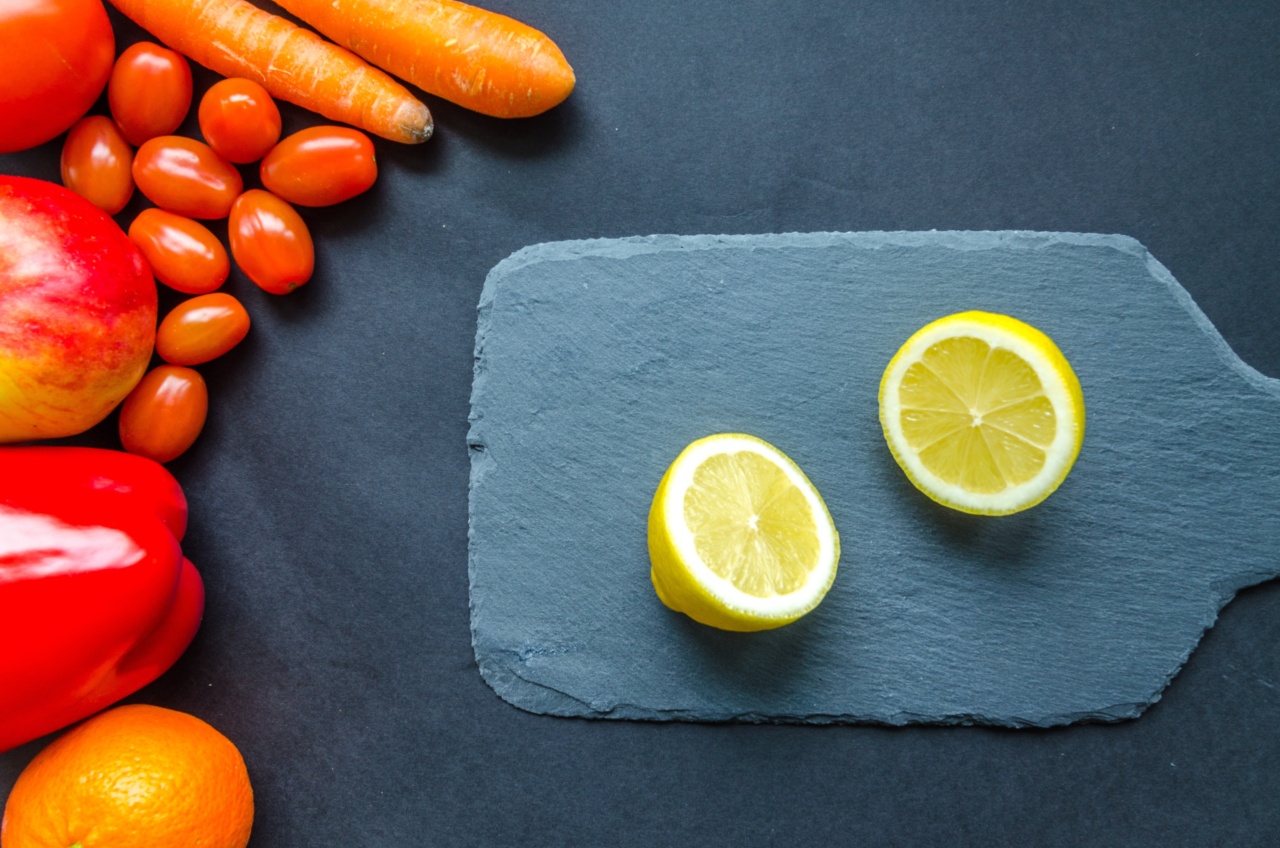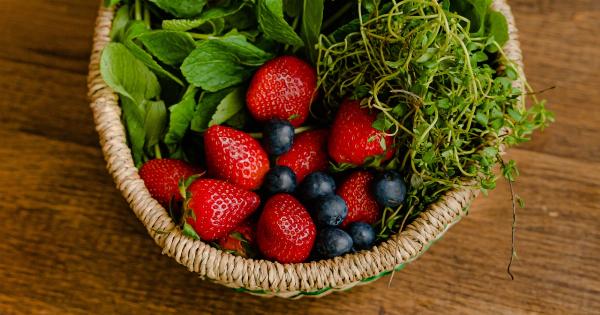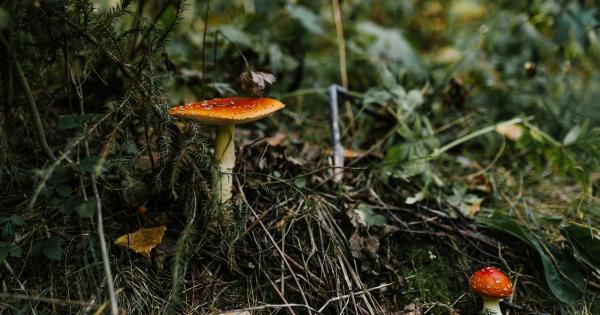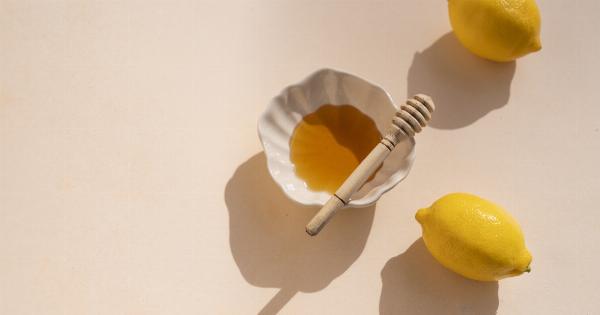When it comes to maintaining a healthy diet, fruits and vegetables are an essential part of our daily intake. However, not all produce is created equal. Many fruits and vegetables are treated with pesticides, which can have harmful effects on our health.
In this article, we will explore the top pesticide-laden fruits and vegetables that you need to avoid, in order to protect yourself and your loved ones.
The Dirty Dozen
The Dirty Dozen is a list published annually by the Environmental Working Group (EWG) that highlights the fruits and vegetables with the highest levels of pesticide residue.
These produce items should be a top priority when it comes to buying organic alternatives. Let’s take a closer look at the top pesticide-laden fruits and vegetables you need to avoid:.
Strawberries
Strawberries are often referred to as the “dirtiest” of the Dirty Dozen. They consistently top the list due to high levels of pesticide residue.
The chemicals used on strawberries include fungicides, pesticides, and insecticides, making them a fruit to be cautious about.
Spinach
Spinach, a widely consumed leafy green, is another pesticide-laden vegetable. It is often treated with permethrin, a neurotoxic insecticide, and other chemicals. It is advisable to opt for organic spinach whenever possible.
Kale
Kale has gained enormous popularity as a superfood, but unfortunately, it also ranks high in pesticide contamination. The heavily textured leaves of kale make it more challenging to wash off the residual chemicals, thereby putting consumers at risk.
Nectarines
Nectarines, close relatives of peaches, are often found to contain high levels of pesticides. These tasty fruits are known for their thin skin, making it easier for chemicals to penetrate through to the flesh.
Apples
Apples are a staple in many households, but conventionally grown apples can harbor a range of pesticides. They are frequently treated with chemicals such as thiabendazole and phosmet.
Opting for organic apples can reduce your exposure to these harmful substances.
Grapes
Grapes, both the red and green varieties, often have significant pesticide residue. They are often sprayed with multiple types of pesticides, including carbamate insecticides and organophosphates.
Washing grapes thoroughly does not eliminate all the pesticide residue, so choosing organic grapes is recommended.
Peaches
Peaches are delicious, but they are also one of the most pesticide-laden fruits. They are treated with numerous chemicals, including fungicides and insecticides.
If you love peaches, opt for organic ones to minimize your exposure to these harmful substances.
Cherries
Cherries are highly vulnerable to pests, leading to heavy pesticide use. They are often treated with a mixture of pesticides, including fungicides, insecticides, and growth regulators. Buying organic cherries can reduce your pesticide intake.
Pears
Pears, like apples, are prone to pesticide contamination. They are often treated with various chemicals, including insecticides and fungicides. Choosing organic pears can help reduce your exposure to pesticides.
Tomatoes
Tomatoes, especially conventionally grown ones, can be high in pesticide residues. They are treated with chemicals such as chlorpyrifos and acephate. Opting for organic tomatoes can help you steer clear of these harmful pesticides.
Hot Peppers
Hot peppers, including chili peppers and bell peppers, can contain significant pesticide residue. They are often sprayed with organophosphate insecticides and other chemicals. Buying organic hot peppers can reduce your exposure to these pesticides.
Conclusion
While fruits and vegetables are essential for a healthy diet, it is crucial to be aware of the top pesticide-laden produce items. The Dirty Dozen list serves as a guide to help you make informed choices about which fruits and vegetables to buy organic.
By avoiding the most pesticide-laden produce, you can reduce your exposure to harmful chemicals and protect your health in the long run.






























